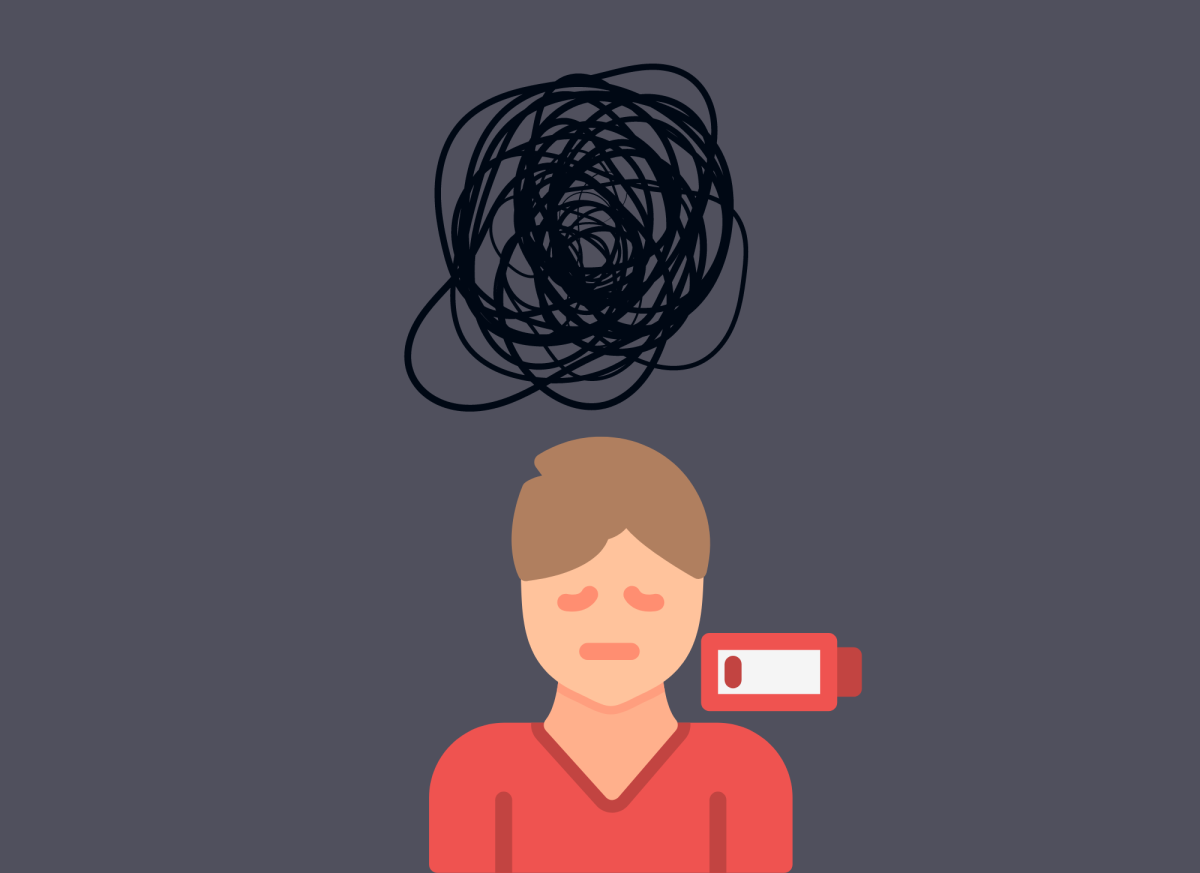When schools across the country returned to in-person learning following an almost two-year-long lockdown, things were different. We had switched almost completely to digital assignments, teachers were more lenient with grading, and we all had to make up for the gap in our education caused by the pandemic. But even today, when the masks have come off and we’re near completing our second “back to normal” school year, students are still struggling. Many kids don’t do their work, and if they do, they turn it in late. The culprit, most teachers and professionals have observed, is a widespread feeling of apathy. School has become underwhelming to a lot of kids. The question is why? What happened in those years spent at home that changed school for us?
This said apathy is undeniable. While Ms. Farrell – who teaches English classes from college to AP level – acknowledges there were always students that required more support in staying focused, “now it’s everybody,” she says, citing a widespread situation. She describes a serious apathy that emerged when South came back from online learning. Everything is a lot harder for people, especially getting started on tasks and assignments, and any push by the teacher to get them going is often ineffective.
When asked about the occurrence of apathy at South High, students Sarah Jeffers, Devin Damm-Marley, and Jasmiley Schotborg all shared similar ideas: the pandemic left an important educational and social gap in the timelines of students that has changed the way we interact with one another. As much as we can prove this is true, it is difficult to pinpoint a specific factor regarding the pandemic that resulted in the apathy we are experiencing. There are probably several factors.
The students I spoke with believed technology played a big role, especially in respect towards one another. Jeffers referenced a lack of connection people have with each other nowadays due to consumption with our phones, while Damm-Marley acknowledges that the informality of social media and texting has contributed to a general lack of respect. “It’s such a passive activity,” says Farrell, regarding phone use. “It completely consumes you and you don’t have to think…That has certainly gotten worse since the pandemic.” This passivity, and mental health deterioration in general, began when the iPhone was invented, according to a New York Times article. In other words, what we deem as a pandemic problem is actually part of a much larger trend.
However, the pandemic worsened this trend. We certainly had more free time inside and alone, which led a lot of people to use their phones more than ever before. There was also a leniency about screen time people adopted for themselves and for their kids because it was a coping mechanism in an unprecedented time. And who could blame us? All future plans seemed to fly out the window when we realized our lives were at the hands of a natural disaster, which was incredibly disorienting.
Another important factor to consider is that online learning itself allowed kids to be passive. While many teachers mandated student’s cameras to be turned on, kids across the country had the option to turn off their cameras and completely disengage from the classroom with little to no consequences. This anonymity was a kindness our teachers extended to us; in retrospect, it may not have served any of us well. In general, the isolation of lockdown threw people out of the practice of socialization and engagement.
There is also a change of workload to consider. Teachers diluted their curriculum during online learning, and many customary routines were eliminated due to disease control restrictions. Now that we’re back into pre-pandemic routines, Farrell wonders if, “Going from such a sedentary lifestyle to a busy lifestyle,” was hard for students and teachers alike. This would explain the high rates of absenteeism across the country. Getting out of bed on time is harder for people now, and especially showing up to school on time may be out of reach for a lot of kids. Farrell also wonders if absences are rising for teachers, too “We’re all a little broken,” she says.
The bottom line is: the pandemic hit us hard. Maybe the apathy we are experiencing is less because school is underwhelming and more because it is overwhelming – what came naturally before just simply isn’t now, and people need support. But who’s “job” is it to change the attitudes of kids across the country? Ms. Farrell says, “It’s certainly the teachers’ job to try to motivate kids. That is always our job.” But, she feels that students and their families play an important role in reaching out for help. “If they need support, we need to be there to support them…but there needs to be communication from home that [asks for help], and I’d love to see more parents communicating with us.”
South High is a vibrant community of talent and intellect, and when we have our heart in something, we are anything but quiet. While apathy may be a symptom of something much larger than us, with connection and support we can overcome it.







